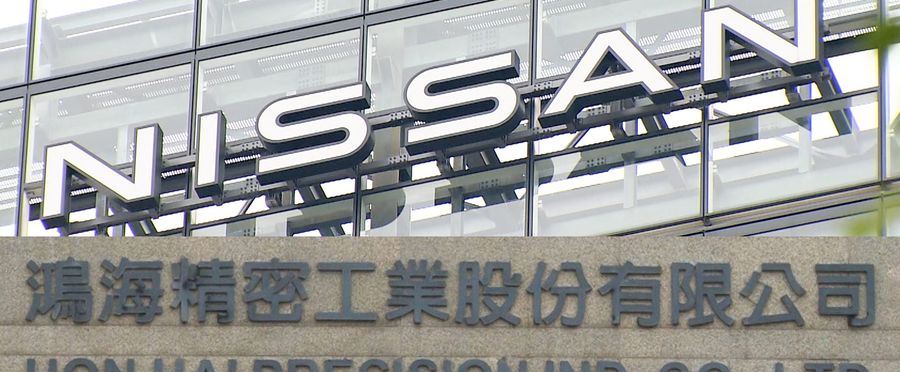In a notable shift in Japan's automobile industry, the proposed sale of Nissan's Oppama plant to Foxconn, has abruptly broken off. The Taiwanese electronics manufacturer and Nissan were reportedly unable to finalize terms, leaving the future of the factory uncertain. The cause of the fallout remains undisclosed, raising questions about future collaborations between the car and electronics industry.
As a major pillar of Japan's economy, the fate of the automobile industry is a subject of national concern. The Oppama plant, in particular, is one of Nissan's key facilities, and its potential sale stirred both intrigue and concern among Japanese citizens and workers. Furthermore, considering Foxconn's reputation as a leading global electronics manufacturer, their entry into Japan's automobile market would have been a significant development.
Similar to US and EU, M&A activities within major industries are closely scrutinized and highly publicized in Japan. They are seen as indicators of economic health and strategic shifts. The collapse of a deal like this would be considered a significant event, possibly leading to profound repercussions within the respective industry sector.

